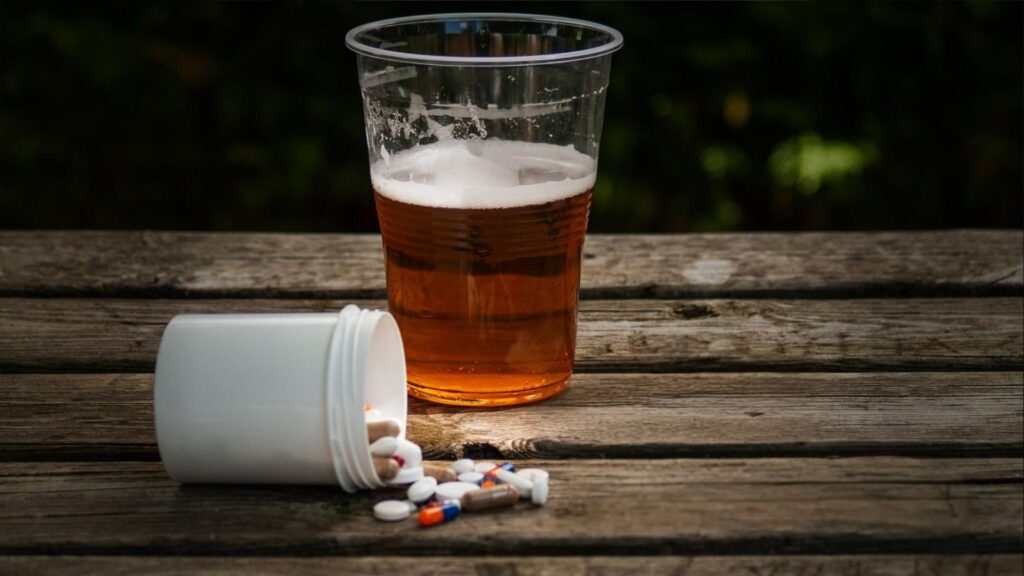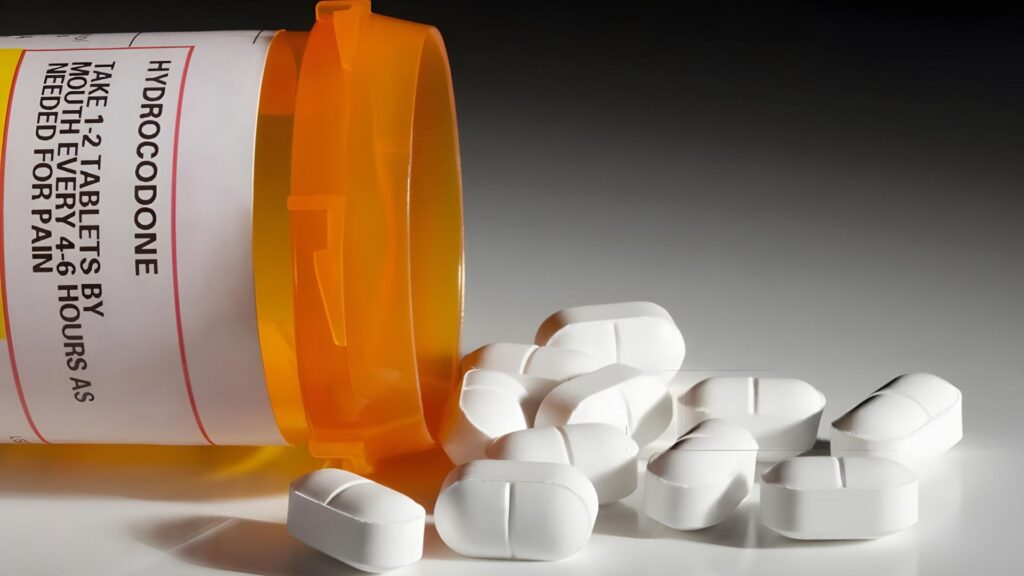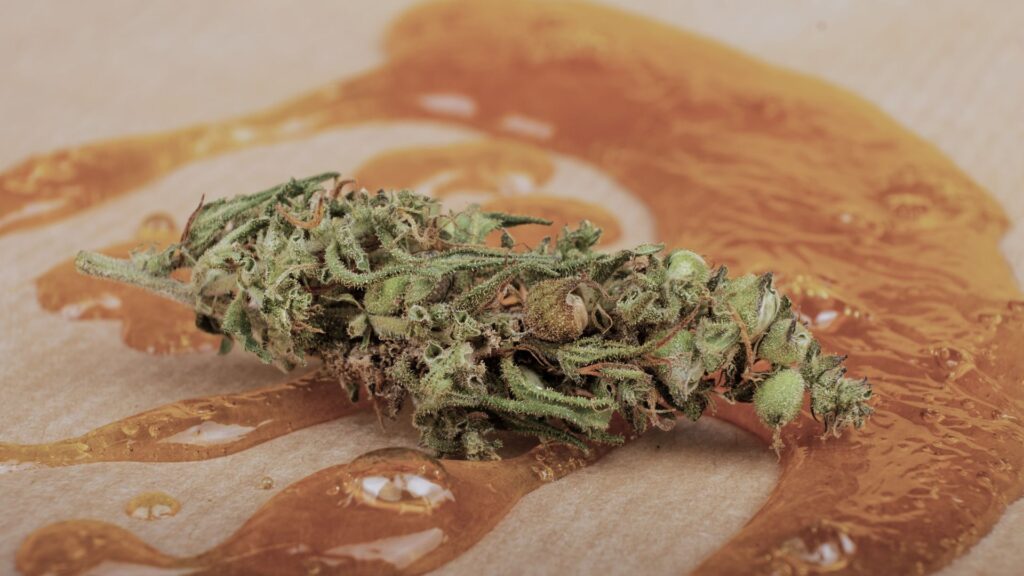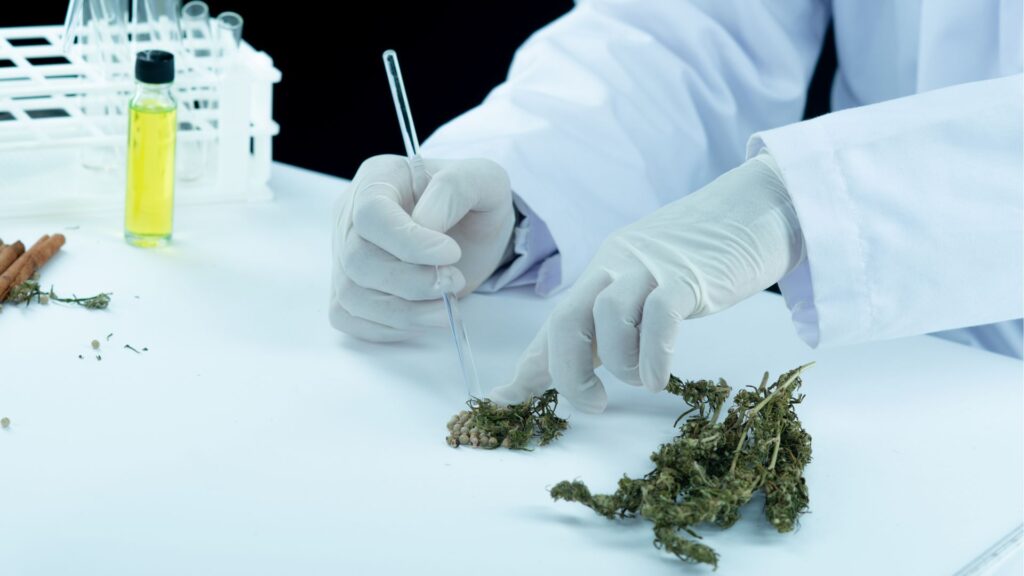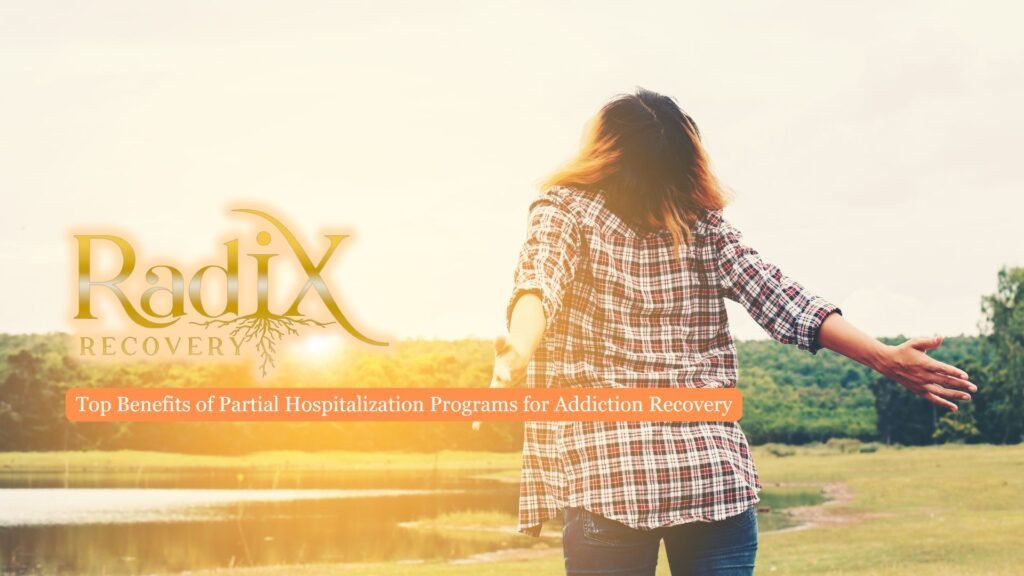In the fields of mental health and addiction treatment, the terms dual diagnosis and co-occurring disorders frequently arise, sometimes used interchangeably. Both relate to situations where an individual experiences more than one health condition simultaneously, often involving mental health and substance use. Understanding the nuances between these terms is important for clinicians, patients, and caregivers alike.
This article will discuss the definitions of dual diagnosis and co-occurring disorders, highlight common mental health and substance use conditions involved, and explore the relationship between these disorders.

What are Dual Diagnosis and Co-Occurring Disorders
Dual diagnosis occurs when a mental disorder exists alongside substance abuse. It is often used in clinical settings to indicate that a person struggles with both a serious mental illness and substance use disorder concurrently. The term co-occurring disorders, on the other hand, broadly refers to any combination of two or more mental health conditions or a mental health disorder paired with a substance use disorder occurring simultaneously. While dual diagnosis specifically points to the coexistence of substance abuse and mental illness, co-occurring disorders refer to a wider range of mental health and substance use challenges.
Managing addiction alongside mental health conditions is challenging. Radix Recovery’s dual diagnosis treatment in Cedar Rapids, Iowa offers integrated, evidence-based care that tackles both issues, helping reduce relapse and promote lasting, compassionate recovery tailored to your needs.
The key difference between dual diagnosis and co-occurring disorders
Dual diagnosis is unique to cases where addiction and mental illness coexist, whereas co-occurring disorders encompass disorders and substance abuse more broadly. Despite these distinctions, the terms are often used interchangeably because their treatment needs overlap significantly.
Common Mental Health Disorders and Substance Use Involved
Bipolar disorder, mood disorders, anxiety disorders, and other serious mental health issues are commonly paired with substance abuse disorders, including drug and alcohol addiction.
Substance use disorder involves the harmful or hazardous use of substances like drugs or alcohol. The presence of substance abuse alongside mental illness and addiction exacerbates the severity of both conditions, contributing to more intense mental health problems, prolonged withdrawal symptoms, and higher relapse rates.
The Relationship Between Mental Health and Substance Use Disorders
Substance abuse and mental health issues influence each other, with disorders and substance use often occurring simultaneously. Substance abuse and mental health problems can worsen underlying conditions, complicating both diagnosis and treatment.
For example, an individual with bipolar disorder may use drugs or alcohol to self-medicate mood swings, leading to a substance abuse disorder. Conversely, substance abuse may precipitate or exacerbate mental health symptoms such as anxiety or depression.
These co-occurring conditions require a comprehensive treatment approach to address both the mental health disorder and the substance abuse disorder effectively.
Diagnosis Challenges in Dual Diagnosis and Co-Occurring Disorders
Diagnosis in cases of dual diagnosis or co-occurring mental health disorders requires careful evaluation due to overlapping symptoms of mental illness and substance use. Disorders and substance abuse complicate diagnosis, as substance abuse can mask underlying mental health conditions or mimic their symptoms. Accurate diagnosis is essential to develop an effective treatment plan that addresses all relevant conditions.
Mental health professionals must distinguish between primary disorders and those induced by substance use. This distinction affects treatment decisions, such as whether to prioritize detoxification or psychiatric stabilization.
Treatment Approaches for Dual Diagnosis and Co-Occurring Disorders
Treatment for individuals with dual diagnosis or co-occurring disorders requires integrated treatment programs that address both mental health and substance use simultaneously. Traditional addiction treatment or mental health services alone often fall short when treating these complex cases. Integrated treatment combines psychotherapy, medication management, addiction treatment, and mental health services within a coordinated framework.
Dual diagnosis treatment includes managing withdrawal symptoms, treating addiction, and addressing mental health conditions such as bipolar disorder or anxiety disorders. Treatment programs tailor individualized plans considering each person’s unique combination of disorders. This integrated treatment approach improves outcomes by treating the whole person, rather than isolated symptoms.

Final thoughts from Radix Recovery
At Radix Recovery, we specialize in integrated dual diagnosis treatment that addresses the combination of mental health disorders and substance abuse at the same time. Our compassionate, evidence-based approach focuses on healing the whole person by providing personalized care plans. Treating both conditions together helps reduce relapse risks and supports lasting recovery. Our comprehensive programs provide the foundation for long-term wellness and better mental health outcomes for those facing these complex challenges.

